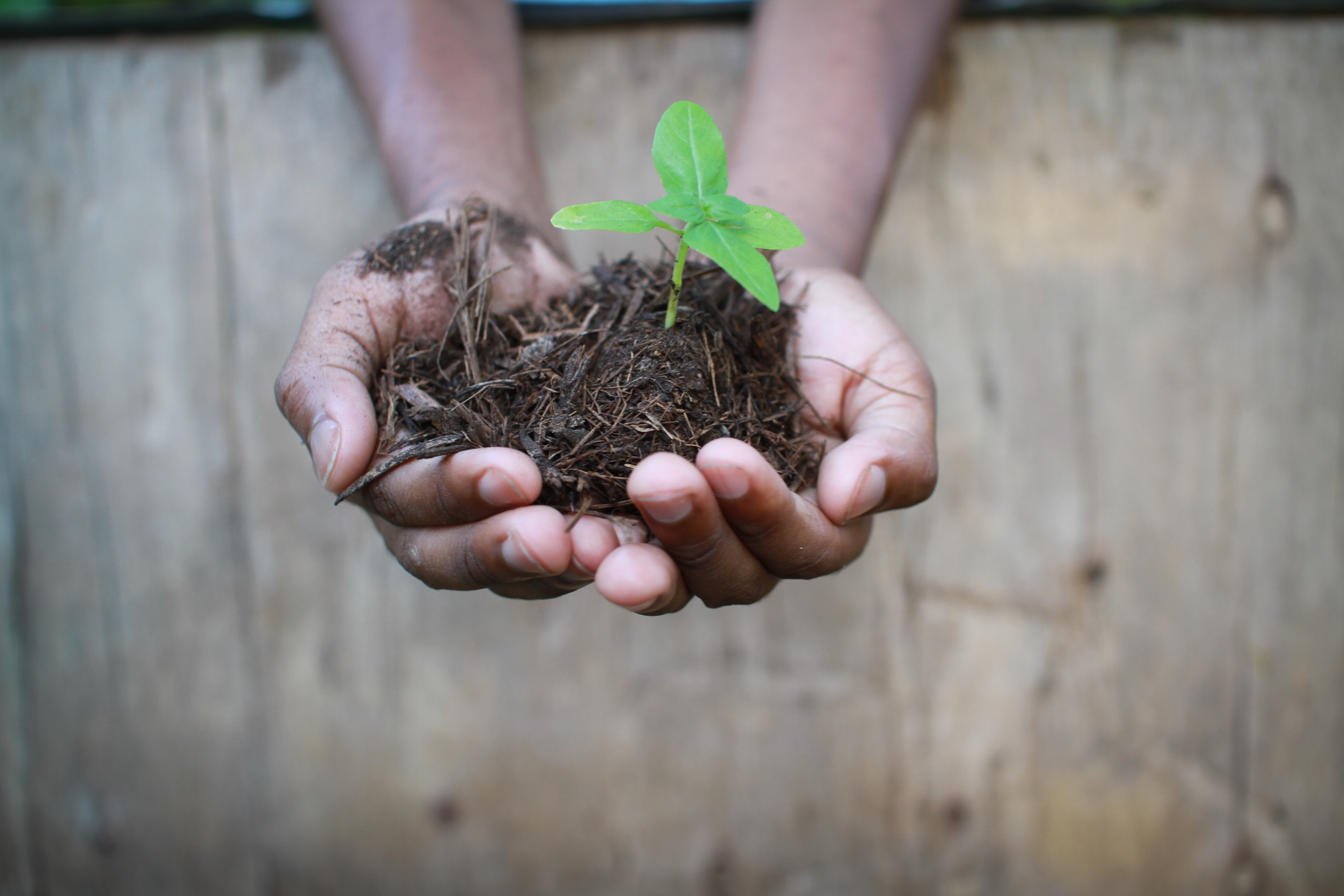Regeneration International Announces Winners of Five Micro-Grants for Innovative Regeneration Projects
FOR IMMEDIATE RELEASE
May 31, 2017
Contact: Alex Groome, alexandra@regenerationinternational.org, +52 1 415 138 4478; Katherine Paul, katherine@organicconsumers.org, 207-653-3090
MINNEAPOLIS, Minn. – Regeneration International (RI) today announced the winners of five micro-grants awarded to innovative regeneration projects.
The winning projects, selected from a field of 216 entries from 60 countries, are: Acacias for All (Tunisia); Agua Santa Regeneration (Ecuador); Grow a Farmer (Uganda); SOIL (Haiti); and TH Climate Park Myanmar (Myanmar).
For the competition, titled “Five Innovations for Regeneration,” the RI Steering Committee used The Regeneration Hub (RHub) as a tool to identify innovative, scalable and replicable regeneration projects around the world. The Committee selected five finalists and highlighted 16 honorable mentions.
The RHub aims to accelerate adoption and development of scalable and replicable regenerative projects across the globe by inspiring and facilitating collaboration between project holders, individuals, funders and communities focused on regenerative agriculture and land-use projects and other related concepts that address multiple global challenges, including climate change and food security.
Meet the Five Innovations for Regeneration
Acacias for All is halting desertification caused by climate change in Tunisia by planting green walls of acacia trees in collaboration with local rural populations. The project has 14 ambassadors in 13 regions of Tunisia and recently launched the “1 Million Trees for Tunisia” challenge.
Agua Santa Regeneration is restoring highly degraded ancestral lands in the high Andes of Ecuador and supporting the families of surrounding communities by supplying fruit trees for their gardens and offering trainings in agroforestry.
Grow a Farmer combines information communication technology, permaculture and business into a single ‘three-dimensional model’ that will build a critical mass of small-scale farmers to enable them to regenerate ecosystems and build self-sustaining communities. The organization has worked with over 360 farmer groups since 2008 and aims to train over 150,000 farmers every year over the next four years.
Sustainable Organic Integrated Livelihoods (SOIL) is a non-profit organization dedicated to protecting soil resources, restoring the environment, promoting the growth of local economies, and empowering communities through transforming waste into resources such as compost in Haiti. They are now providing over 1,000 households with dignified, in-home sanitation and transforming more than 320 tons of human waste annually‒ a powerful example of how to affordably and effectively increase access to sustainable sanitation services worldwide.
In 2012, the Worldview International Foundation (WIF) team started a pilot project with two local universities to restore 750 ha of mangrove forest. So far, the project has planted 2.7 million trees and is now replicating in other parts of Myanmar to contribute to the restoration of 80,0000 Ha of mangrove forests. An underlying aim of the project is to benefit the communities who are bearing the brunt of the impacts of climate change.
Watch this video to learn more
###
Regeneration International, a project of the Organic Consumers Association, is building a global network of farmers, scientists, businesses, activists, educators, journalists, governments and consumers who will promote and put into practice regenerative agriculture and land-use practices that: provide abundant, nutritious food; revive local economies; rebuild soil fertility and biodiversity; and restore climate stability by returning carbon to the soil, through the natural process of photosynthesis.

